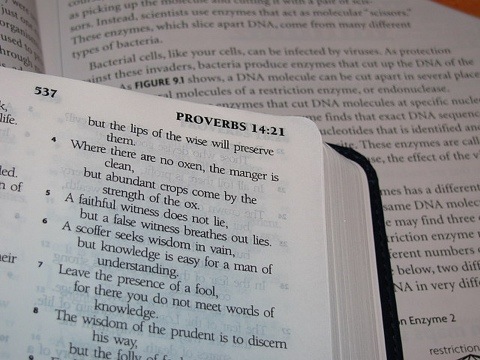Athletics at SMU can raised quite heated responses from members of the SMU academic community. This response is rooted in many things, but primarily a perception that student athletes are expected, or themselves expect, to achieve less in the academic realm than their non-athlete peers. Setting aside the reality for a moment, which is always more complicated, it’s useful to focus on the perceptions. Thinking about the meaning of the perception may lead to useful conclusions.
What are the perceptions of athletics from academics? As with any school with a visible athletics program, athletes are assumed to have less preparation before coming to college and are assumed to have been admitted not because they could prove a valuable scholar but because they can run, jump, or throw (or all of these). It’s also assumed that a healthy athletics program draws money and attention into the university, and has the potential to benefit the entire university. As with anything involving a large, up-front investment of money and human capital, there is a tipping point that must be reached before the benefits outweigh the costs. I think it’s safe to say that it is also assumed that it is the duty of the academics to make sure any under-prepared athletes get the education they deserve.
Truth usually (but not always) lies somewhere in the tangled mess of common wisdom. We can begin simply by asking “What is a scholar?” Merriam-Webster keeps it simple: “2 a : a person who has done advanced study in a special field b : a learned person” It’s not really specific about what field, or what kind of study. I think we all assume that this means academics, but why must the scholar be divorced from athletics? Exercise of any kind, coupled with activities of the mind, improves both.
Speaking from personal experience, a little exercise every day keeps my own stress levels in check and gets my creativity moving. Without some exercise, I grow irritable, incapable of executing tasks and keeping things organized, and in extreme cases feel the effects of panic or indecision. In my own life, dividing the academic from the athlete (however amateur) is a fruitless choice.
Thinking more broadly about the university, athletics clearly has a place. It serves to attract to the school individuals who might have never considered SMU, and in that way serves to enrich the diversity of both background and mentality present in the university population. Where research or humanities fail to draw large singular crowds and attention to the university, athletics does so with ease. Athletics forms loyalty, which can last more than a lifetime. Media are more likely to latch onto athletics than to academics – it’s easier for the media to understand and communicate (and, to be fair, it really is easier to communicate athletics simply because of its visceral, human-scale drama).
Taking a lesson from CERN and “Angels and Demons”: all press is good press. Sure, Dan Brown decimated the science to tell his story, but CERN seized on this opportunity to educate the public about the real subatomic particle research at CERN. SMU has a similar opportunity. Faced with the goal of expanding the research profile of the university, having a visible athletics program draws attention (and money) to the university from segments of the population otherwise un-inclined to care about a university. That money should not only serve the athletics program . . . but that’s for higher-paid people than I to decide and manage.
It is also, however, incumbent upon the athletics program to act like part of the scholarly mission of the university, and if it intends to recruit students with weaker academics it must pay for tutoring and other extra academic support. I want students to have the same opportunities, and if all an athlete needs it a little extra math tutoring to take a crack at cool science classes then by God let’s see money for tutors. Academics also have a responsibility in this. They must strive to do their best to support students who need a little extra work and encouragement. Students don’t come fully formed to university – otherwise, why are they paying us to teach? All students have a talent, a love, a passion – if sports is that passion, why not draw them into science with a “Sports Science” class? It can be fun, relevant, and teach principles of modern science in biology, chemistry, and physics.
I don’t see a dual role for SMU, or any other such university, in the coming decades. Wanting to become a better scholarly institution should never be at odds with having great athletes. We shouldn’t label people as “academic scholars” or “scholar athletes,” as if those people are divorced from one another. Rather, let us labor to produce scholars, young and talented people with a love of academics and athletics, and let us give them the value system to enjoy a lifetime full of both.




